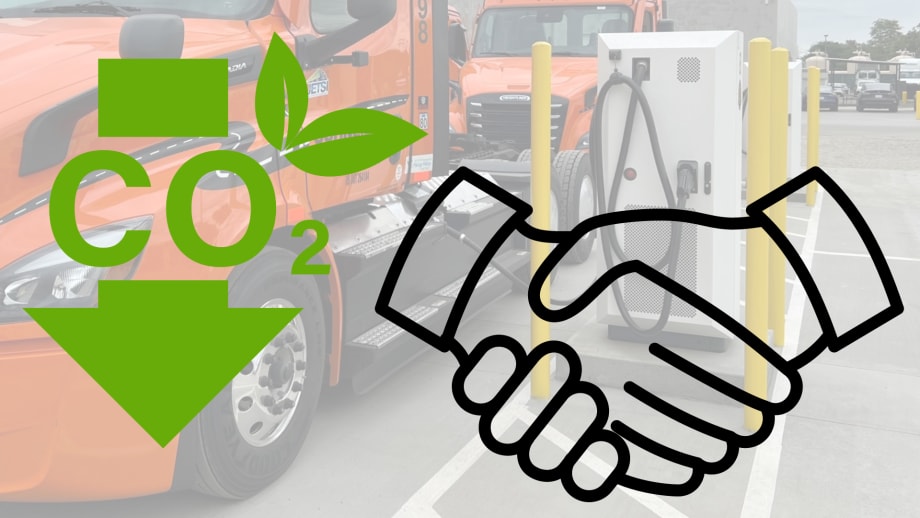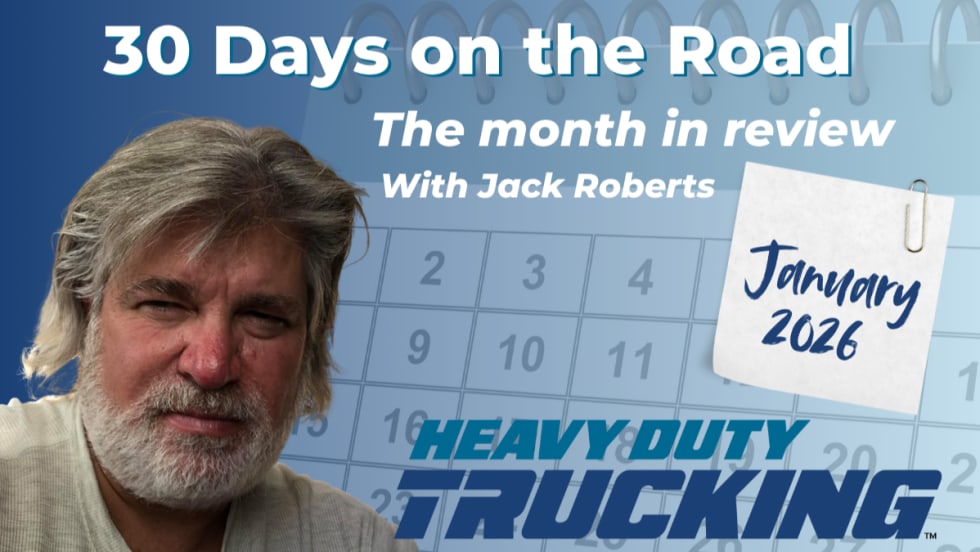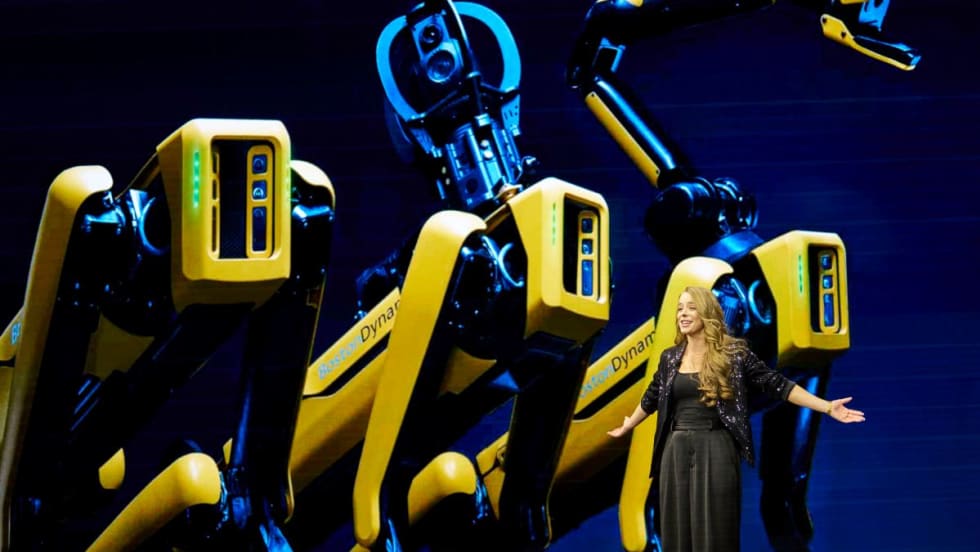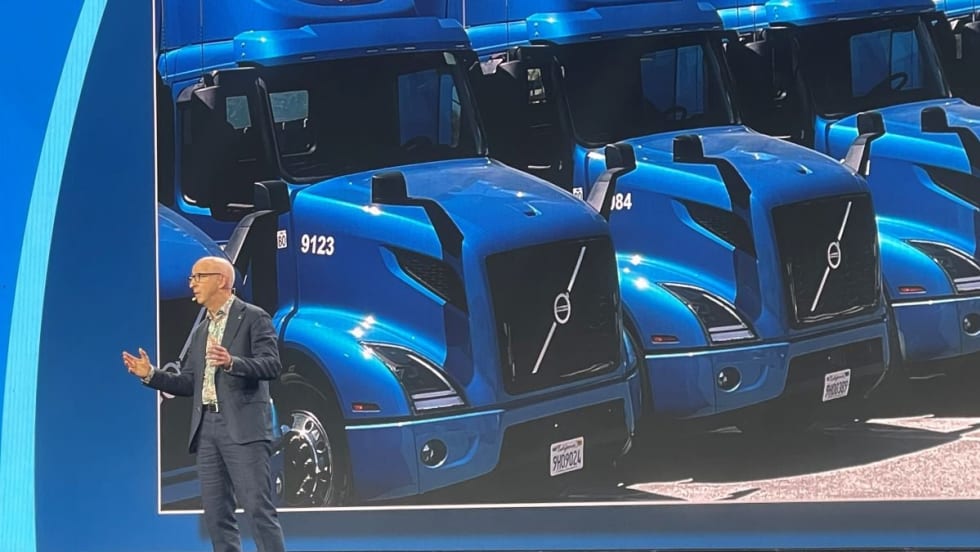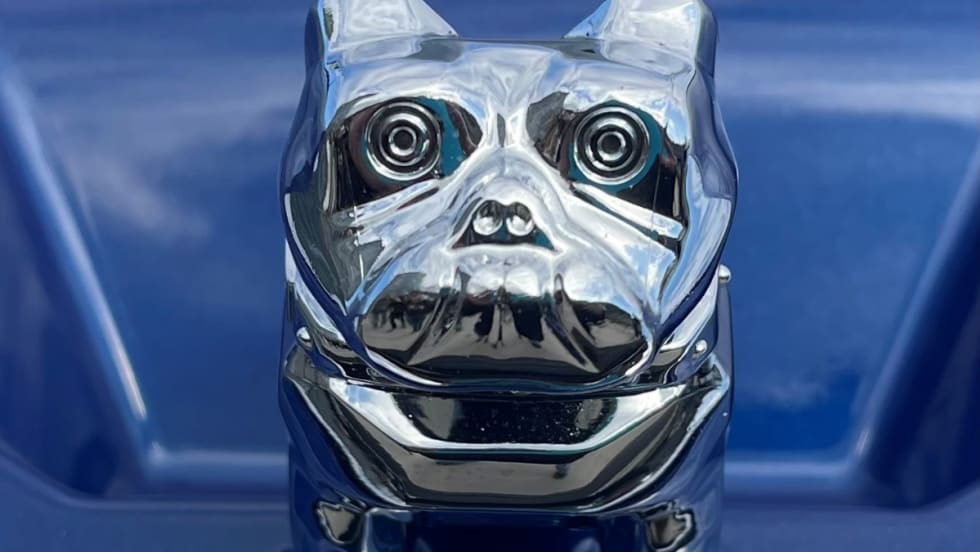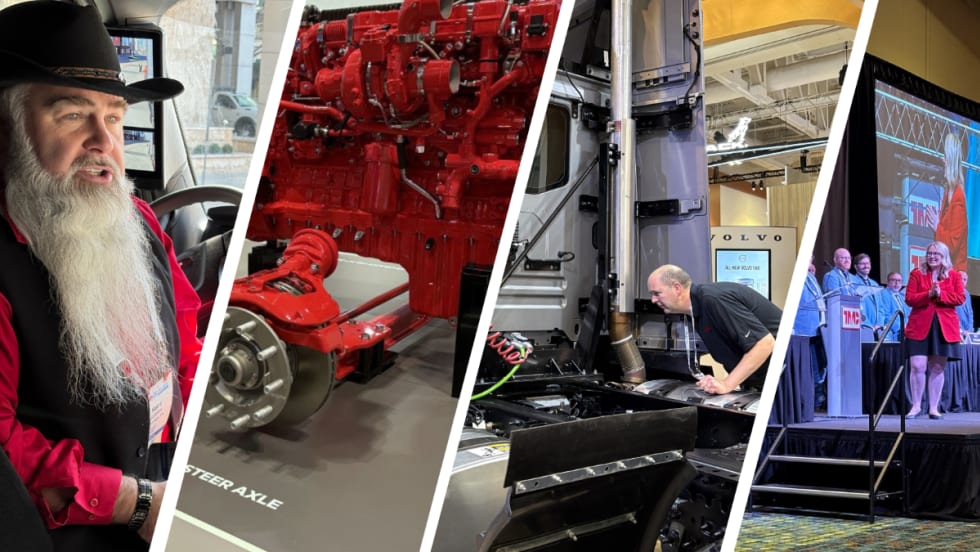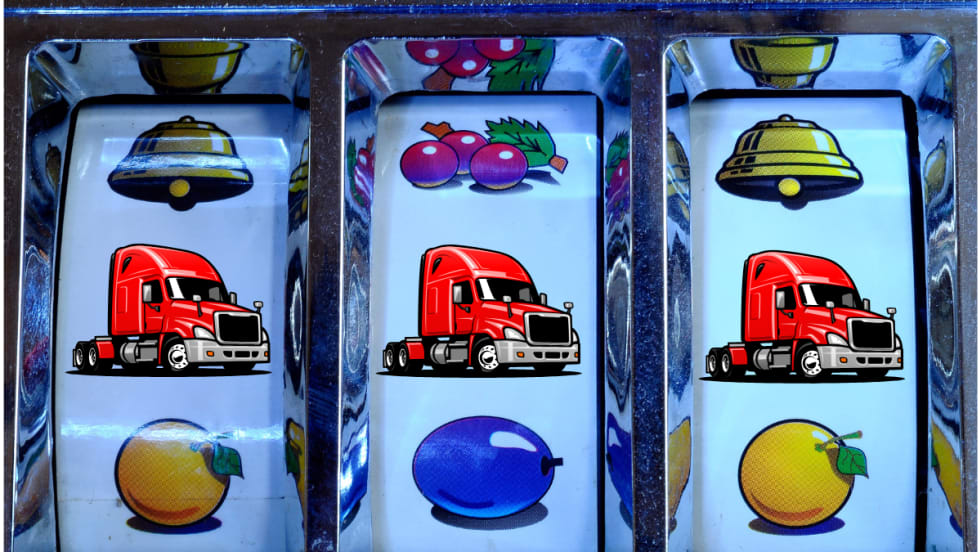Seems like I’m not the only industry observer fretting about the haphazard path trucking is on to a zero-emissions future. Early in July, commercial vehicle truck and engine manufacturers inked a historic deal with the California Air Resource Board.
The agreement announced July 6 creates a Clean Truck Partnership between CARB, the Truck and Engine Manufacturers Association, and major medium- and heavy-duty truck and engine makers.
The deal addresses one of the core problems with the march toward no emissions up to now: Unrealistic lead times in the race to not only complete research and development of new, zero-emissions powertrain technologies, but also get them into real-world fleet operations.
As I noted last month, lots of new technologies are available right now, thanks to truly herculean efforts by truck and engine OEMs over the past few years.
But these new technologies do not yet work in every trucking application. And they’re still wildly expensive. Some estimates put the price of a new battery-electric, or hydrogen fuel cell truck at two or three times that of a conventional diesel truck. And while there are incentives out there to help mitigate those price increases, the incentive landscape is spotty at best. And to be frank, even the best incentive programs out there don’t deliver near enough savings to move the trucking industry to ZEVs at the pace CARB was advocating for.
What About ZET Fleet Buyers?
Those issues were front and center in responses to the agreement issued by several advocacy groups representing North American carriers. Several organizations, the American Trucking Associations and the Truckload Carriers Association among them, issued statements blasting the agreement and pointing out — fairly, in my opinion — that not enough attention is being paid to the fleets that will eventually bear the brunt of acquiring, adopting and operating these new technologies.
But at least this agreement is something that gives OEMs a voice in the decision-making process and establishes a much more reasonable timeline to make these changes happen.
Just as importantly, it keeps the OEMs from having to serve two masters — CARB and the U.S. Environmental Protection Agency — and meet two sets of unaligned deadlines. For example, this agreement, for the first time, aligns CARB's zero-emissions push with the EPA's 2027 Low-Nox rule.
This is a common-sense approach that should have been implemented in the first place, if you ask me. But at least the OEMs have that now. And that's another good thing. Because simpler is always better. And this agreement seems to simplify things significantly from the OEM perspective.
Easier Timelines and Guidelines
My sense is that this agreement is a positive for the North American trucking industry. It establishes easier and more reasonable guidelines and timelines for moving toward zero emissions. At the same time, it gives truck and engine OEMs more flexibility in how they reach those goals. And those are all good things that I believe will help this transition along.
There is no question that the end-use side of this emissions dilemma still needs to be addressed in a meaningful way. And perhaps we’re just not quite at the right place in the process for that yet. But maybe this agreement is a first step toward eventually putting programs together that will help fleets remain profitable and keep our supply chains functioning when ZEVs are ready and available for mass deployment.
Policy makers and government agencies must keep things in perspective. The transition the trucking industry is being asked to make is unprecedented in history. Yes, our civilization needs to combat climate change. But it also needs a healthy, functioning supply chain to survive and thrive.
Trucking cannot make this massive technological change all by itself. And the sooner policy makers understand that, the sooner they will start to see real progress being made toward meeting zero-emissions goals.




